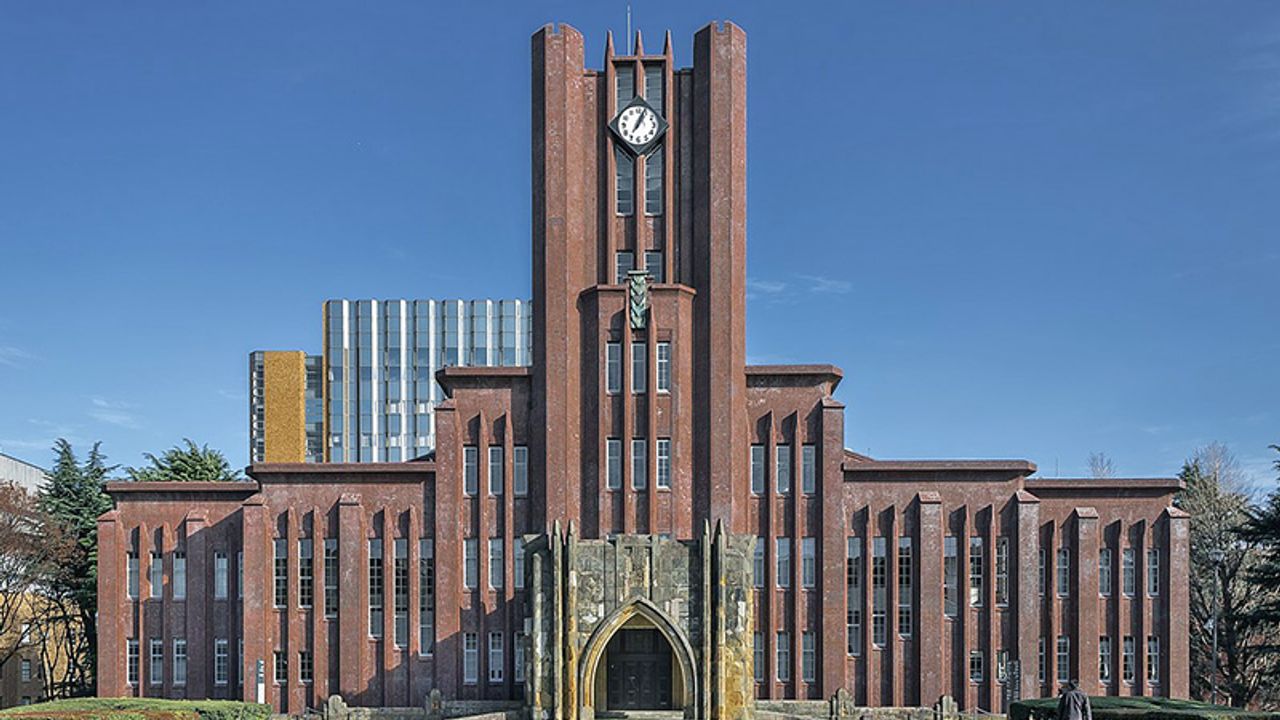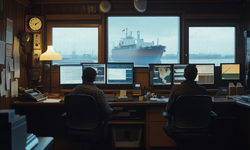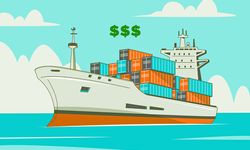Program Overview
Social Cooperation Programs are collaborative initiatives that unite private companies, research institutions, and universities to tackle public interest issues, leveraging their combined expertise and insights.
Background and Objectives
Container shipping is essential to the global economy, handling approximately 80% of the world's trade and supporting daily life and economic activities. However, the industry faces significant challenges, including global supply chain disruptions from events like the COVID-19 pandemic and geopolitical tensions. These disruptions have underscored the critical role and vulnerabilities of container shipping.
Key objectives of the program include:
- Developing a resilient supply chain.
- Enhancing vessel and container operations.
- Reducing the environmental impact of shipping.
- Adhering to Environmental, Social, and Governance (ESG) principles.
- Educating and training the next generation of maritime professionals.
The collaboration aims to create sustainable and innovative solutions, optimize operational practices, advance decarbonization efforts, and strengthen supply chain resilience.
Program Details
- Name: Container Management Science (COMS)
- Duration: April 1, 2024, to March 31, 2027 (3 years)
- Location: School of Engineering, The University of Tokyo
- Instructors: Professor Kazuhiro Aoyama and Associate Professor Tomoya Kawasaki
- Website: Scheduled to launch in July 2024




